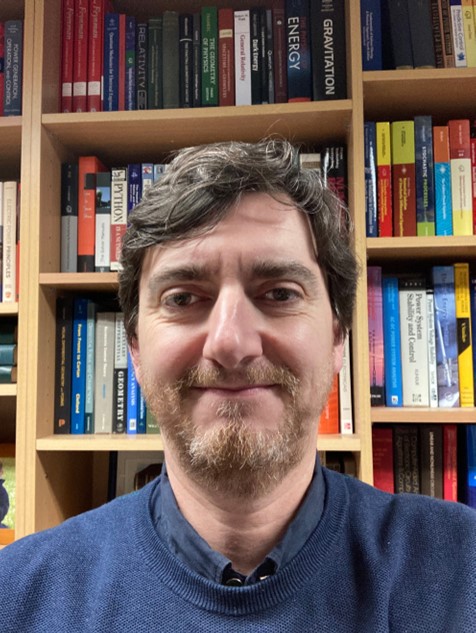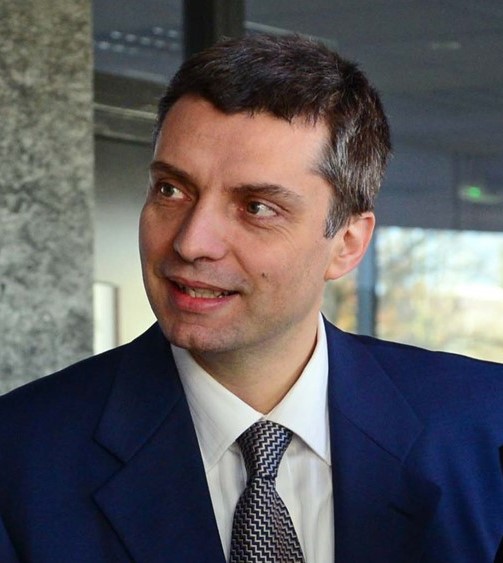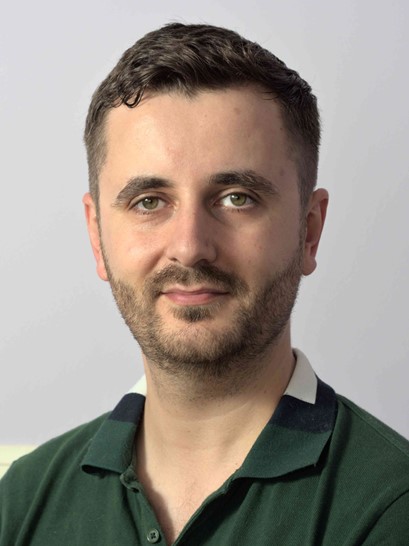Tutorial
"Virtual Power Plants: Modelling, Control and Operation"
The tutorial discusses the dynamic analysis and operation of virtual power plants (VPPs), that is, clusters of generators located at different locations of the grid and providing coordinated services. The tutorial is organized into three parts. The first part provides an overview of the structure, components and services that can be provided by VPPs. The second part focuses on the dynamic operation and control of the VPPs and introduces the novel concept of dynamic VPP. The third part discusses the operation of VPPs and their role in ancillary service electricity markets. The tutorial presents the contributions of two European projects, namely edgeFLEX (https://www.edgeflex-h2020.eu/) and POSYTYF (https://posytyf-h2020.eu/) both based on large consortia that blend industry experience and recent trends in academic research. All parts of the tutorial are enriched with several illustrative examples based on both benchmark and real-world systems.
Duration
1.5 hours
Agenda Three parts, 30 minutes each part.
Each part will consist of 25 minutes for the presentation + 5 minutes for Q&A.
Speakers
 |
Prof. Federico Milano, University College Dublin, Ireland
Federico Milano received from the University of Genoa, Italy, the ME and PhD in Electrical Eng. in 1999 and 2003, respectively. From 2001 to 2002 he was with the University of Waterloo, Canada, as a Visiting Scholar. From 2003 to 2013, he was with the University of Castilla-La Mancha, Spain. In 2013, he joined the University College Dublin, Ireland, where he is currently a full professor. He has authored 8 books and more than 330 papers. He was elevated IEEE Fellow in 2016 for his contributions to power system modelling and simulation, IET Fellow in 2017, and IEEE PES Distinguished Lecturer in 2020. He is currently an editor in chief of the IET Generation, Transmission & Distribution, the chair of the Technical Program Committee of the PSCC 2024, a member of the CIGRE Irish National Committee, the chair of the IEEE Power System Stability Controls Subcommittee and a Senior Editor of the IEEE Transactions of Power Systems. |
 |
Prof. Bogdan Marinescu, Ecole Centrale de Nantes –LS2N
Bogdan Marinescu was born in 1969 in Bucharest, Romania. He received the Engineering degree from the Polytechnical Institute of Bucharest in 1992, the PhD from Université Paris Sud-Orsay, France in 1997 and the “Habilitation à diriger des recherches” from Ecole Normale Supérieure de Cachan, France in 2010. He is currently a Professor in Ecole Centrale Nantes and LS2N laboratory where he is the Head of the chair “Analysis and control of power grids” - http://chairerte.ec-nantes.fr/home/ - (2014-2024) and the Coordinator of the POSYTYF H2020 RIA project - https://posytyf-h2020.eu/ - (2020-2023) and DREAM Erasmus Mundus Master - https://master-dream.ec-nantes.fr/ - (2021-2027). In the first part of his carrier, he was active in R&D divisions of industry (EDF and RTE) and as a part-time professor (especially from 2006 to 2012 in Ecole Normale Supérieure de Cachan). His main fields of interest are the theory and applications of linear systems, robust control and power systems engineering. |
 |
Prof. Álvaro Ortega, Comillas Pontifical University – Institute for Research in Technology
Bogdan Marinescu received his ME and PhD in Electrical Engineering from The Higher Technical School of Industrial Engineering, University of Castilla - La Mancha (Spain) in 2013, and from University College Dublin (Ireland) in 2017, respectively. In September 2020, he joined the Institute for Research in Technology (IIT) at Comillas Pontifical University, where he currently is an Assistant Professor of Electric Power Systems. He is currently an editor of the IET Generation, Transmission and Distribution, and a Member of the IEEE PES Distributed Energy Resources and IEEE PES Power System Stability Controls Subcommittees. His current fields of research include optimal integration and operation of converter-interfaced renewable energy sources; and frequency estimation, control, and stability in low-inertia systems. |
